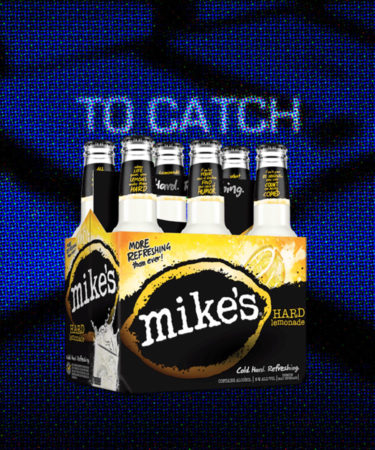“The product placement for Mike’s Hard Lemonade on To Catch a Predator is really solid tonight,” Jillian Bell, a comedian, tweeted in June 2011. She had a point.
From 2004 to 2007, Dateline NBC’s “To Catch a Predator” TV series captivated American audiences with the prospect of stopping online sexual predators in their tracks. An actor, or “decoy,” often made special requests of predators, such as condoms, booze, or fast food. Loyal “To Catch a Predator” viewers couldn’t help but notice a repeat request: Mike’s Hard Lemonade. Some suspected (a very twisted form of) paid advertising.
“According to law enforcement, asking a suspect to bring or do something specific demonstrates intent,” host and investigative journalist Chris Hansen explains in one episode.
To nab potential predators, Hansen worked with non-profit foundation Perverted-Justice (which ceased active decoy operations in 2019), to stage online conversations between decoys and would-be criminals, and lure the latter into a house where they would meet with Hansen, a camera crew, and local law enforcement.
Mike’s Hard Lemonade made frequent appearances. “I see you MSNBC with product placement. Busch and Mikes Hard Lemonade…The drink choice of pedophiles,” The Mo Money Show tweeted in August 2011.
Hansen denies any brand involvement, however. “We actually got a call from the lawyers at Mike’s Hard Lemonade asking us to not use their product anymore,” Hansen told Mental Floss in 2015.
It’s easy to assume why Mike’s Hard Lemonade would be a popular choice. The lemonade-flavored “alcopop” is sweet, widely available, and believably appealing to minors. In the end, “To Catch a Predator” may have landed dozens of sexual predators in jail, but the infamy of Mike’s Hard Lemonade remains an open case.
